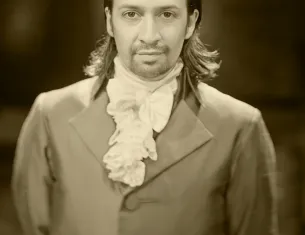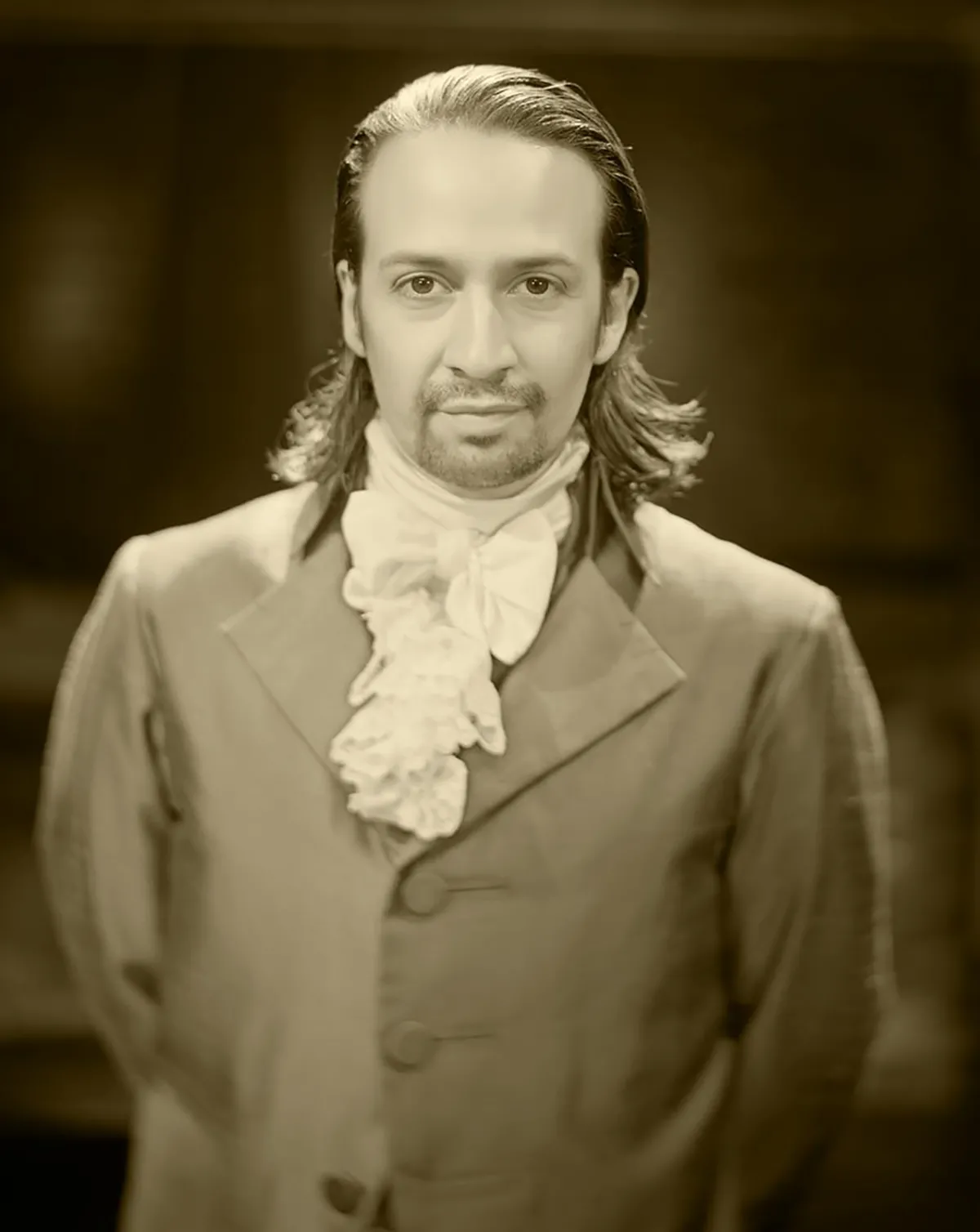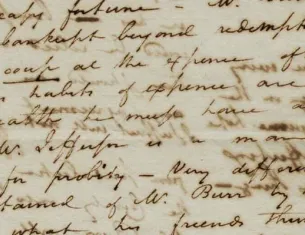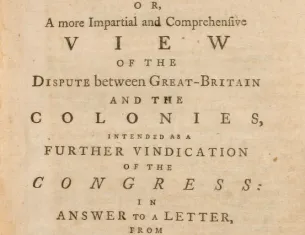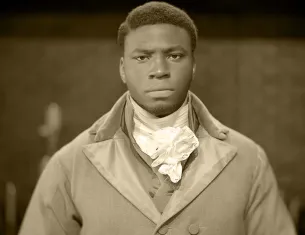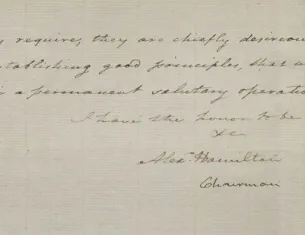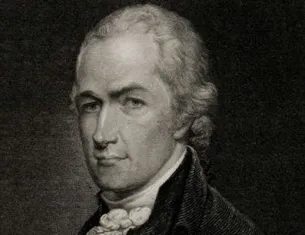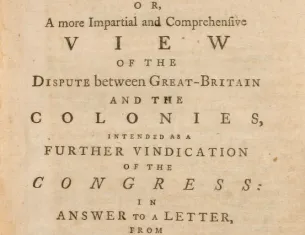Alexander Hamilton
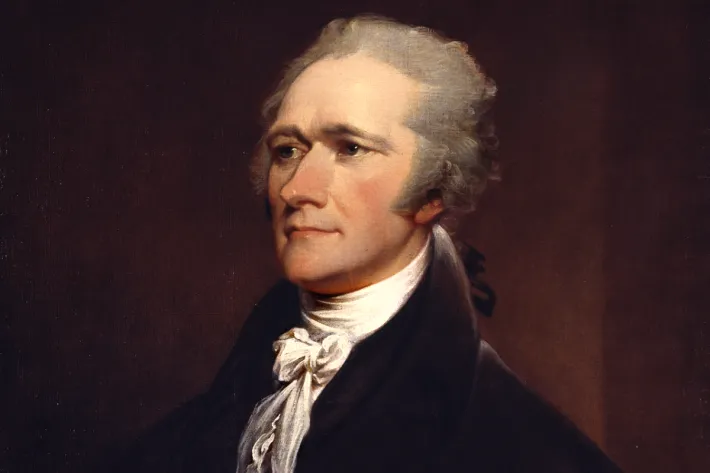
Alexander Hamilton, John Trumbull Copy after: Giuseppe Ceracchi 1806, National Portrait Gallery
Alexander Hamilton (1757–1804) shaped the financial, political, and legal systems of the young United States. Raised in poverty in the Caribbean and orphaned at a young age, Hamilton was sent by sponsors to New York to receive an education. He was sympathetic to the demands of rebellious colonists and joined the militia when the Revolution began, becoming captain of his own artillery company. In March 1777, Hamilton was appointed to George Washington’s staff as an aide-de-camp and later distinguished himself at the Battle of Yorktown. He married Elizabeth Schuyler, a member of the eminent and patriotic Schuyler family, and went on to serve in the Continental Congress.
After the war, Hamilton distinguished himself as a lawyer. He believed that a strong central government was necessary to the survival of the United States and was a delegate to the Constitutional Convention in 1787. To ensure the ratification of the Constitution, he conceived of the Federalist Papers, writing at least 51 of the 85 papers. (James Madison and John Jay were the other authors.) When the new government was established in 1789, Washington appointed Hamilton as the first secretary of the treasury; in that capacity he set the country’s finances on a firm footing.
In 1795, he resigned his office but remained a leader of the Federalist Party, while Thomas Jefferson and Madison created the Democratic-Republican Party to oppose Washington and Hamilton’s Federalists. During the tied election of 1800, Hamilton lobbied strongly for Jefferson, although they were political enemies, making no secret of his disdain for Aaron Burr, who became vice president when Jefferson was chosen as president. Hamilton contributed to another of Burr’s defeats in the 1804 New York gubernatorial election, in part through his statements on Burr’s character. The conflict between the two men ultimately led to a duel in Weehawken, New Jersey, on July 11, 1804. Hamilton was mortally wounded by Burr in the encounter, and died the next day.
